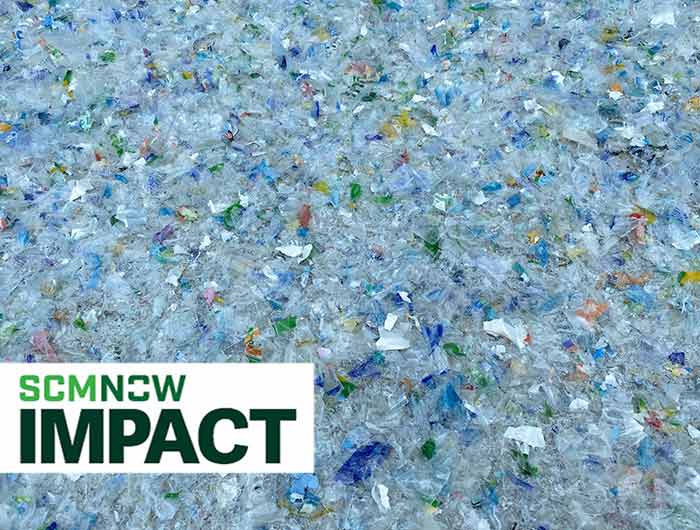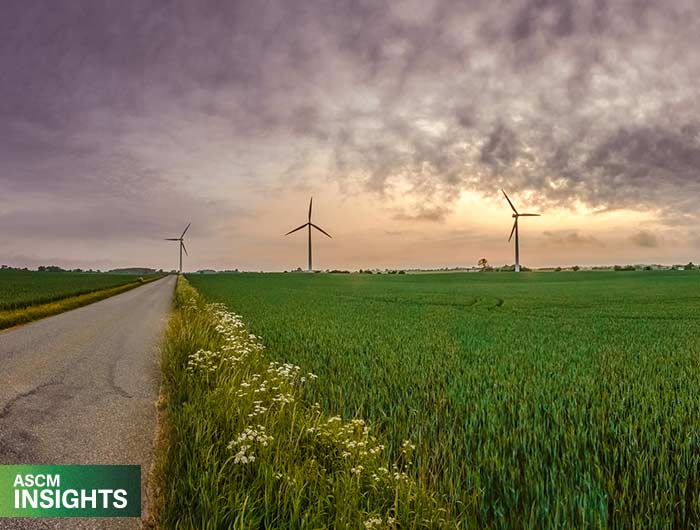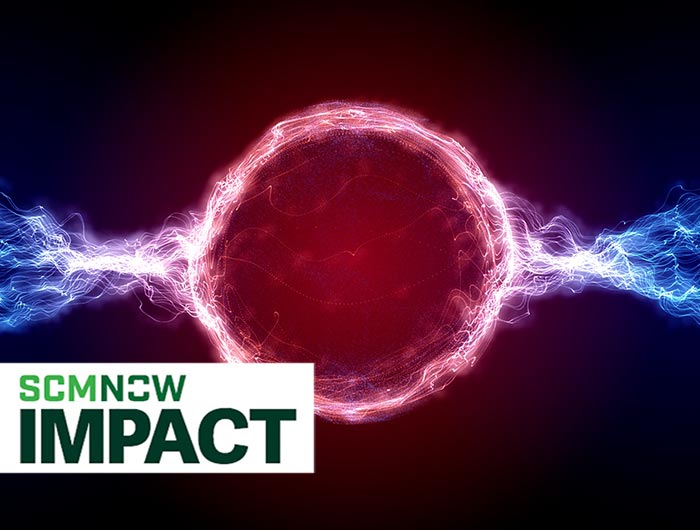It sounds like the penultimate scene of a comic book movie: Schnitzer Steel crushes Vestas Wind and wins the title of world’s best. Except in this story, both characters are the “good guys,” and the real winner is Planet Earth.
This week, research firm Corporate Knights named scrap metals recycler Schnitzer Steel the most sustainable company in the world, beating out the former champ, wind turbine manufacturer Vestas Wind. Schnitzer Steel was recognized in the Global 100 for significant improvements in energy, carbon, water and waste productivity. The company reportedly spent 100% of its $2.8 billion revenue on sustainable projects in 2021. Corporate Knights CEO Toby Heaps is quoted in Reuters asking, essentially, if a steel company — one of the dirtiest industries in the world — can demonstrate this kind of dedication to environmental activism, then what’s everyone else’s excuse?
Corporate Knights scores on 25 indicators, from sustainable revenue and investment to racial and gender diversity. Importantly, the companies on this list aren’t just providing lip service to environmental groups; they’re also outperforming other indices. Between 2013 and 2022, the Global 100 returned 145.1% compared to 115.4% for the MSCI All Country World Index, Reuters reports. “Sustainable revenue now makes up half of gross revenue for the Global 100 compared to just 5% for the wider benchmark,” Corporate Knights touts in its report. Clearly, there’s a financial incentive to sustainability.
And the movement is gaining momentum: Pharmaceuticals groups, including Merck and Pfizer, have entered the Global 100, following the bump in notoriety from the pandemic. South Korean conglomerate Hanwah Group recently invested a whopping $2.5 billion in an entire solar-manufacturing supply chain, anticipating major growth in the industry — and tax incentives. And at last week’s Consumer Electronics Show, John Deere showed off the sensor-driving robotic technology ExactShot. It’s designed to reduce fertilizer use by as much as 60%, saving farmers money and significantly reducing the amount of excess chemicals going into the ground. John Deere also publicized its electric-powered machinery, which cuts noise pollution. While this type of technology demonstrates a real desire to affect change in the industry, farmer Travis Senter is quoted in CNET saying, “We've been doing [sustainability] forever. … If you don't, you don't survive.”
Case in point: Vertical farming is the latest trend in growing produce in underground or windowless rooms. This method of farming uses water- and nutrient-efficient hydroponic or aeroponic systems; plus, because it’s self-contained, there’s much less need for pesticides. Vertical farming also helps guarantee a food supply closer to big cities. “Shorter supply chains could improve both food security and the quality of food. The faster that food reaches us, the less its nutrients deteriorate, and the less unseen toxins develop,” according to the BBC.
Shifting priorities require a new set of skills
All of these trends point to one thing: A sustainable supply chain is the only way forward, whether you’re building tractors or growing strawberries. Here at ASCM, we know this is true, which is why we created the free, fully open ASCM Enterprise Certification for Sustainability Standards. This is a proven tool for empowering organizations to follow in the impressive footsteps of companies such as Schnitzer Steel by advancing ethically, environmentally and economically.
Furthermore, ASCM’s Certified in Planning and Inventory Management (CPIM) program provides the knowledge necessary to prepare for a more sustainable future in all functions of supply chain. And now’s the time to get started: Through January 31, you’ll save 10% on the new, single-exam CPIM 8.0 Learning Systems and Bundles. With your CPIM designation, you’ll have the skills to quite literally create a better world through supply chain. Now that sounds like the work of a superhero.



